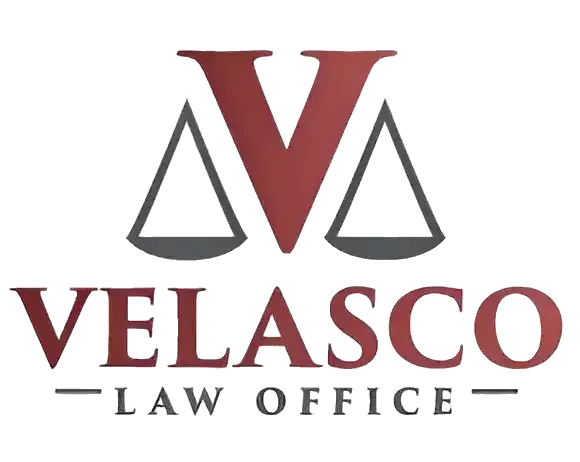Contact Us
Phone: 732-422-5673
Location
Second Floor - Above Santander Bank
1870 Route 27
Suite 202
Edison, NJ 08817
Hours
- Mon - Fri
- -
- Sat - Sun
- Closed
Understanding the Differences Between Wills and Trusts in New Jersey
Estate planning is a crucial process that ensures your assets are distributed according to your wishes after your death. Two primary tools used in estate planning are wills and trusts. While both serve the purpose of managing and distributing your assets, they have distinct differences and benefits. At the law office of Juan C. Velasco, Esq., we specialize in helping clients in New Jersey navigate the complexities of estate planning. Here’s a detailed look at the differences between wills and trusts, and how each can serve your estate planning needs.
What is a Will?
A will, also known as a last will and testament, is a legal document that outlines how you want your assets distributed after your death. It allows you to:
- Designate beneficiaries for your property and assets.
- Name a guardian for minor children.
- Appoint an executor to carry out your wishes.
- Specify funeral and burial arrangements.
Advantages of a Will:
- Simplicity: Wills are generally straightforward to create and require fewer formalities.
- Control: You maintain control over your assets and can change your will at any time during your lifetime.
- Guardianship: Wills allow you to designate a guardian for your minor children, which is crucial for young families.
Disadvantages of a Will:
- Probate Process: Wills must go through probate, a court-supervised process that validates the will and oversees the distribution of assets. This can be time-consuming and costly.
- Public Record: Once a will is submitted to probate, it becomes a public record, meaning anyone can access its contents.
- Limited Control: Wills only take effect after your death and do not address issues such as incapacity or the management of assets during your lifetime.
What is a Trust?
A trust is a legal arrangement where one party (the trustee) holds and manages assets on behalf of another party (the beneficiary). Trusts can be either revocable or irrevocable:
- Revocable Trust: Also known as a living trust, it can be altered or revoked by the grantor during their lifetime.
- Irrevocable Trust: Once established, it cannot be changed or revoked, offering greater asset protection and tax benefits.
Advantages of a Trust:
- Avoids Probate: Trusts do not go through probate, allowing for a quicker and more private distribution of assets.
- Incapacity Planning: Trusts can manage your assets if you become incapacitated, ensuring continuous financial management without court intervention.
- Flexibility: Trusts offer more flexibility in how and when your assets are distributed, allowing for detailed planning and control over your estate.
Disadvantages of a Trust:
- Complexity: Creating a trust can be more complex and requires careful planning and management.
- Cost: Setting up and maintaining a trust can be more expensive than drafting a will.
- Ongoing Management: Trusts require ongoing management and oversight, which can be a burden for some individuals.
Choosing Between a Trust and a Will:
The choice between a trust and a will depends on your specific circumstances and estate planning goals. Here are some considerations:
- Size and Complexity of Estate: Larger and more complex estates may benefit from the flexibility and probate avoidance offered by a trust.
- Privacy Concerns: If privacy is important to you, a trust can keep your estate details out of the public record.
- Incapacity Planning: If you are concerned about potential incapacity, a trust can provide seamless management of your assets.
- Cost and Simplicity: For smaller estates or those seeking a simpler solution, a will may be sufficient and more cost-effective.
Both trusts and wills are vital tools in estate planning, each offering unique benefits and serving different purposes. At the law office of Juan C. Velasco, Esq., we are dedicated to helping you understand your options and create an estate plan that meets your needs and goals. Whether you choose a trust, a will, or a combination of both, our experienced attorneys are here to guide you through the process and ensure your wishes are honored.



Schedule a Case Evaluation
Contact us now!
Homepage FCE Form
We will get back to you as soon as possible.
Please try again later.
Hours
- Mon - Fri
- -
- Sat - Sun
- Closed
Disclaimer: The information on this website is for general information purposes only. Nothing on this site should be taken as legal advice for any individual case or situation. This information is not intended to create, and receipt or viewing does not constitute an attorney-client relationship.
All Rights Reserved | Velasco Law Office | Powered By Convert It Marketing | Privacy Policy
All Rights Reserved | Velasco Law Office | Powered By Convert It Marketing | Privacy Policy








